Positive Psychology And Film
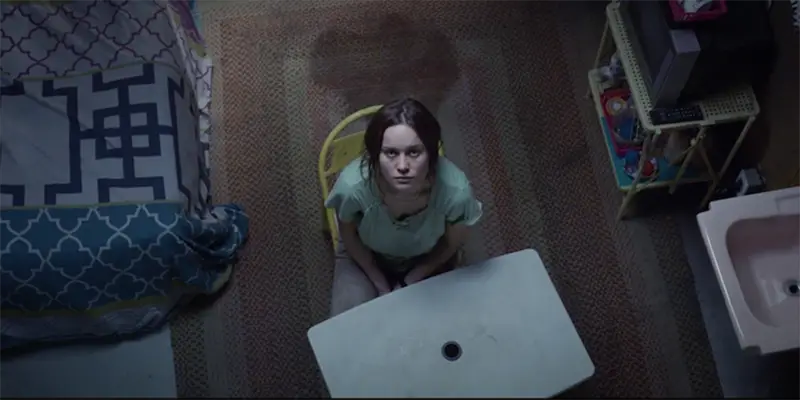
Laurie Agard studied Psychology and Writing in graduate school after…
“One’s own self is well hidden from one’s own self: Of all mines of treasure, one’s own self is the last to be dug up.” – Friedrich Nietzsche
Using Film to Recognize and Build Character Strengths
Positive Psychology is the scientific study of human flourishing and an applied approach to optimal functioning. Positive psychologists have researched a number of topics that center around what really makes a “good life” and how the good life can be encouraged. Over the past two decades a number of studies have been conducted, trying to understand what the underlying processes are that produce striving and thriving. Many arenas have been studied, including health, pleasure, happiness, engagement, positive experiences, and character strengths.
Some research shows that many people appear to gain more by identifying and working on their strengths than their weaknesses. Studies indicate watching films might offer a good path toward eliciting greater well-being.
One of my favorite books on the subject is Ryan Niemiec and Danny Wedding’s 500 page “Positive Psychology at the Movies“. They remind us of Nobel Laureate and physicist Sir William Bragg’s statement, “The important thing in science is not so much to obtain new facts as to discover new ways of thinking about them.”
Using the world of cinema to spot and access character strengths – yours, your family’s, and people in your community and the world at large – can be a new way to think about and elicit deeper engagement with life. One way to do this is to pay attention to how films use characters and themes to explore core human values, virtues, and character strengths.
Most films are made up of many layers of themes, subtexts, and messages. The story’s plot supports the film’s subtext. And it’s the subtext, the complex structure beneath the surface story line, that often evokes the deepest meaning for the viewer. According to Niemiec and Wedding, it’s in the subtext that positive psychology character strengths and virtues can be found.
The VIA Institute on Character shares an online Survey of Character Strengths. The VIA Classification was developed by over 50 scientists from around the world and offers a common language for discussing and exploring what is best in human beings. It breaks down six virtues: Wisdom and Knowledge, Courage, Humanity, Justice, Temperance, and Transcendence.
Within each virtue are character strengths, 24 in total. For example, under the virtue of Humanity you find love, kindness, and social intelligence. Under the virtue of Justice, you find teamwork, fairness, and leadership.
It can be interesting to not only to take the test and ponder your top strengths, but to then use that information as a fresh way to view movies and engage with your strengths while watching them. As you view a film you can begin to observe whether ideas and feelings are sparked inside of you.
Sometimes simply seeking out and viewing films about certain themes can also help bring more awareness and compassion to the challenges you and others face. Observational learning and entertainment-education can create social change. Viewing films in this light is also a good way to observe the influences and power of media.
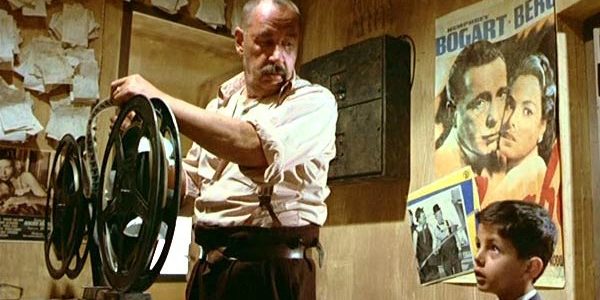
It’s important to remember that film, although a powerful and universal language of thoughts and feelings, is still limited. As Niemiec and Wedding as well as Toto in Cinema Paradiso reminds us, “Life isn’t like in the movies. Life…is much harder.”
And positive psychology is a new science, one that aims to help bridge popular self-help with scientific research and perhaps the virtues of ancient philosophy. I agree with Niemiec and Wedding and with Aristotle’s notion of a golden mean when it comes to virtuous living or the expression of strengths. I think film provides a wonderful way to think about the underuse and overuse of character strengths in ourselves, our society, and in our films as well.
Tune in this summer (or winter, depending on where you are) for film recommendations and further discussions on character strengths, virtues, and social themes at the movies. Here’s a quick start:
Films with Single Parenthood as a Main Theme
Single parents face a number of structural issues. Cultural expectations play a huge role in creating problems, too. Not only can parenting be a challenge, our culture can feel frustrating and disappointing. However, simply focusing on repairing damaged aspects of our past, our lives, and our culture does not produce an accurate picture or a complete recipe for flourishing. Recognizing, utilizing and building our strengths, resilience, hope, happiness, and optimism can be an interesting way to improve our lives, too.
The following films present different pictures and challenges faced by single parents. Some have been around for awhile. Some are brand new. If you’ve seen them before, it can be interesting to watch them again and pay attention to the characters’ strategies to life and how the film elicits emotion and inspires new perspectives. Using film to recognize and build character strengths can be a new way of accessing those human qualities that are best in us.
As Good As It Gets (1997)
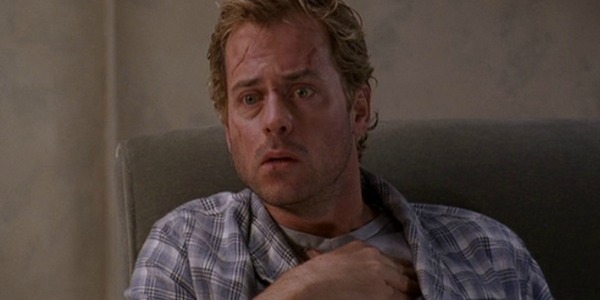
Character Strengths and Virtues: personal courage, nurturance, humility, prudence.
Themes: single mom, unlikely friendships.
A Better Life (2011)

Character Strengths and Virtues: resilience, familial love.
Themes: single dad, family relationships, positive relationships, illegal immigration.
Erin Brokovitch (2000)

Character Strengths and Virtues: courage, honesty, social intelligence, humanity, teamwork and leadership.
Themes: divorced single mom stands up against poor pay, finding meaning in career, advancement at work, environmental awareness.
Norma Rae (1979)
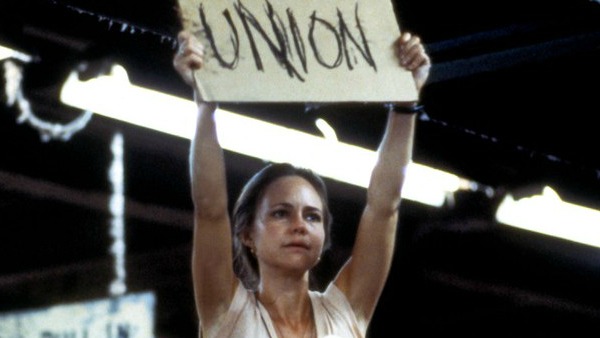
Character Strengths and Virtues: moral courage, justice, fairness, leadership and enabling others to act.
Themes: single mom stands up against poor pay, career.
Places in the Heart (1984)
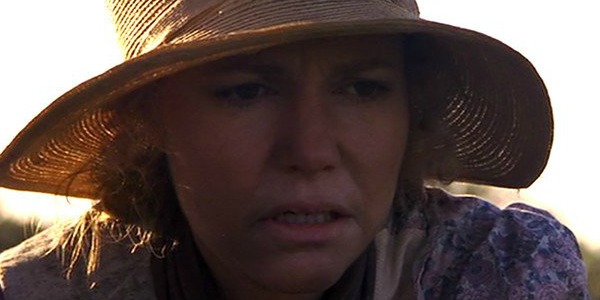
Character Strengths and Virtues: courage, zest, forgiveness, friendship, justice, teamwork.
Themes: widowed single mom, individuals forming small communities of friendship, prejudice, poverty, and racism.
Room (2015)

Character Strengths and Virtues: creativity, perspective, kindness, perseverance, social intelligence, familial love.
Themes: raped woman becomes single mom, mothering, attachment love.
You Can Count On Me (2000)
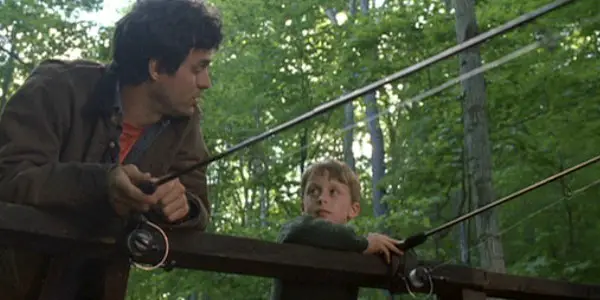
Character Strengths and Virtues: transcendence, finding purpose.
Themes: single mom, boy being raised without a father, searching for meaning.
99 Homes (2015)

Character Strengths and Virtues: personal courage, humility, honesty, forgiveness, prudence, teamwork, fairness, justice, familial love.
Themes: single dad taking care of his mother and son, losing a home, the seductive and high cost of wealth and glamour.
As you watch film, take note of which virtues our culture’s stories portray most often and ask yourself questions. Do you feel inspired to express a certain strength? Do you feel elevated or empowered? Are you motivated to do good or to express gratitude?
Please share your thoughts in the comments!
Positive Psychology & Film Series
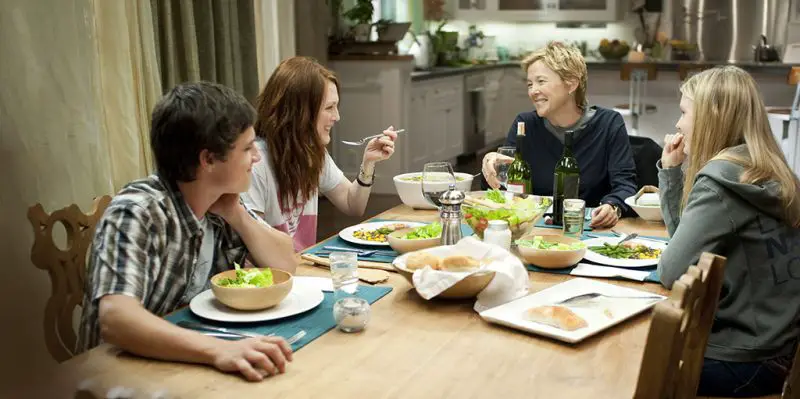
Positive Psychology & Film: Love
“Human beings are starved for love.” – Erich Fromm This article is part of a series. Find the first part here.

Positive Psychology & Film: Women’s Careers
A common stereotype in film is that women don’t work and have no career. What can we learn from the films in which women’s careers are at the forefront?
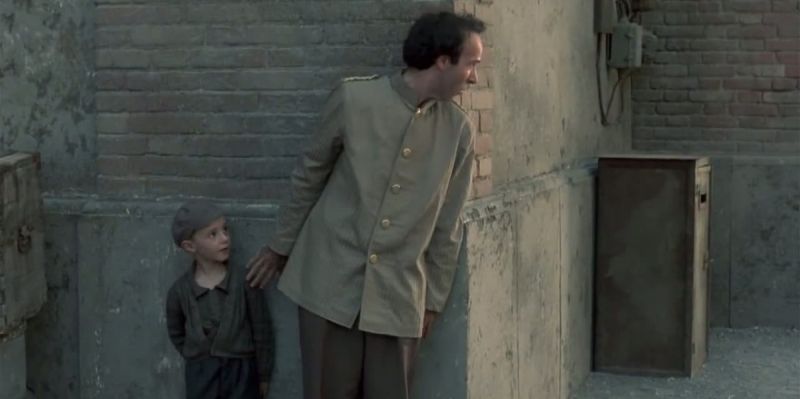
LIFE IS BEAUTIFUL: Through The Lens Of Positive Psychology
In this part of Positive Psychology & Film, Laurie Agard interprets Life Is Beautiful, the inspiring and gut-wrenching Italian war film.
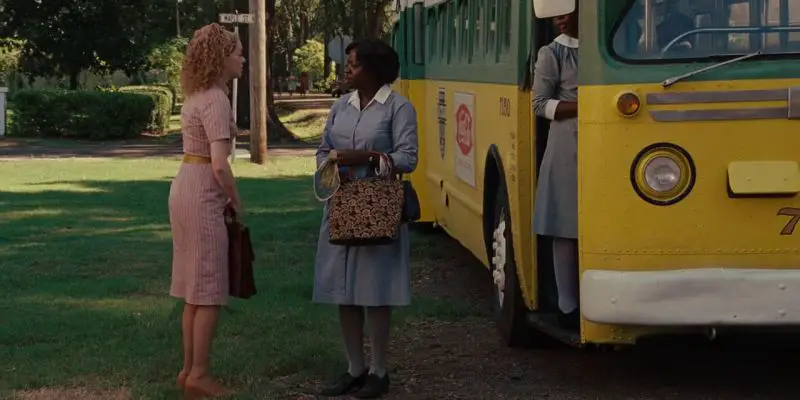
Positive Psychology & Film: Films Featuring Ethnic Minorities
It’s critical that media show that all people belong. However, very few films in the United States are made by and about ethnic minorities.
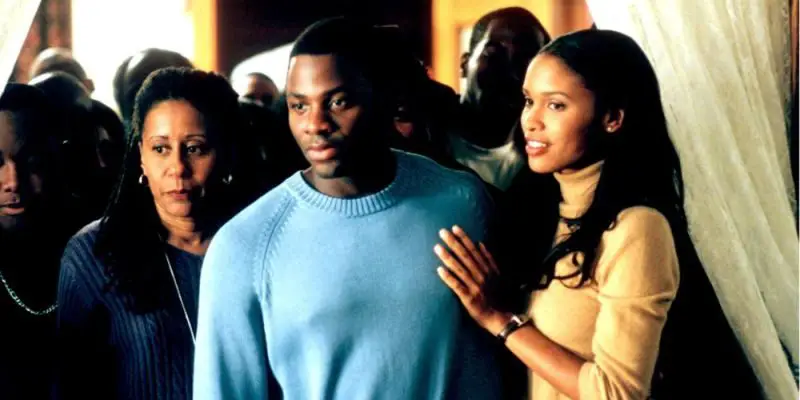
Positive Psychology & Film: Atypical Dating Scripts
Films and culture provide us with scripts that help us make sense of dating and sexuality. Unfortunately, many of the scripts are outdated.
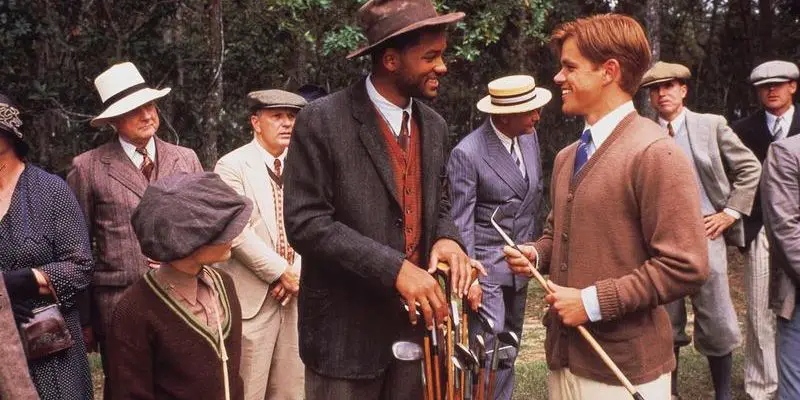
Positive Psychology & Film: Flow
“Inside each and every one of us is one true authentic swing … Somethin’ we was born with … Somethin’ that’s ours and ours alone …

Positive Psychology & Film: Parenting With Children’s Films
“Interest can produce learning on a scale compared to fear as a nuclear explosion to a firecracker.” Stanley Kubrick on the importance and power of curiosity. As educators and parents we want to to care for, nurture, mentor, socialize, and provide for our children to the best of our ability.

SILVER SKIES: A Positive Psychology Film Analysis
Silver Skies shows us how full of love, passion, friendship and fun the lives of the elderly are, and how we can learn from this depiction.

WHILE TIME STANDS STILL: A Positive Psychology Film Review
Elena Miliaresis’ documentary While Time Stands Still tells the story of the hardships of military families – Laurie Agard considers the psychological aspects.
Does content like this matter to you?
Become a Member and support film journalism. Unlock access to all of Film Inquiry`s great articles. Join a community of like-minded readers who are passionate about cinema - get access to our private members Network, give back to independent filmmakers, and more.
Laurie Agard studied Psychology and Writing in graduate school after becoming a Director member of both the Directors Guild of America and the Academy of the Television Arts and Sciences. She associate produced ABC’s Secret Millionaire and wrote, directed, and produced two independent films that premiered on HBO, ABC Family, we TV, as well as networks such as Fox Latin America, Sky TV, Starz, Showtime, and Encore in 45 territories around the world. Her films have received New Comer of the Year awards and Best Children's Feature awards from prestigious organizations such as Kids First!, Hollywood Youth in Film, and the New York Film and Television Festival. She co-directed the Directors Guild of America’s first ever tribute film for and about its female members.













